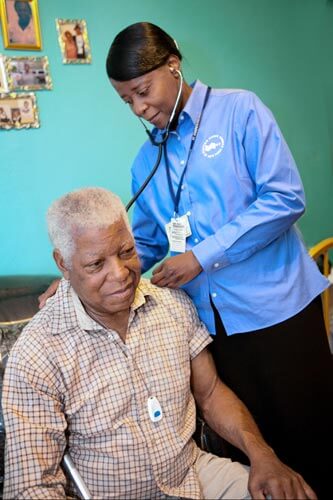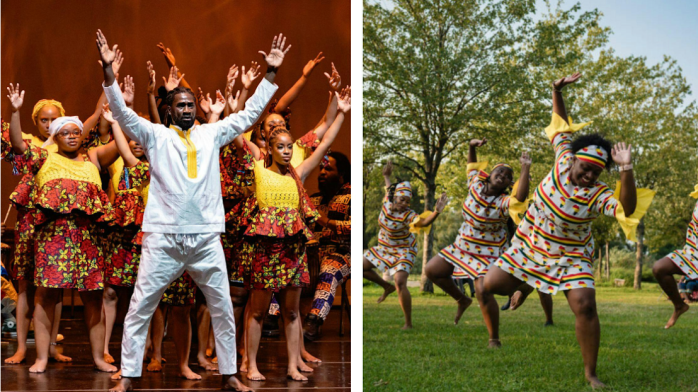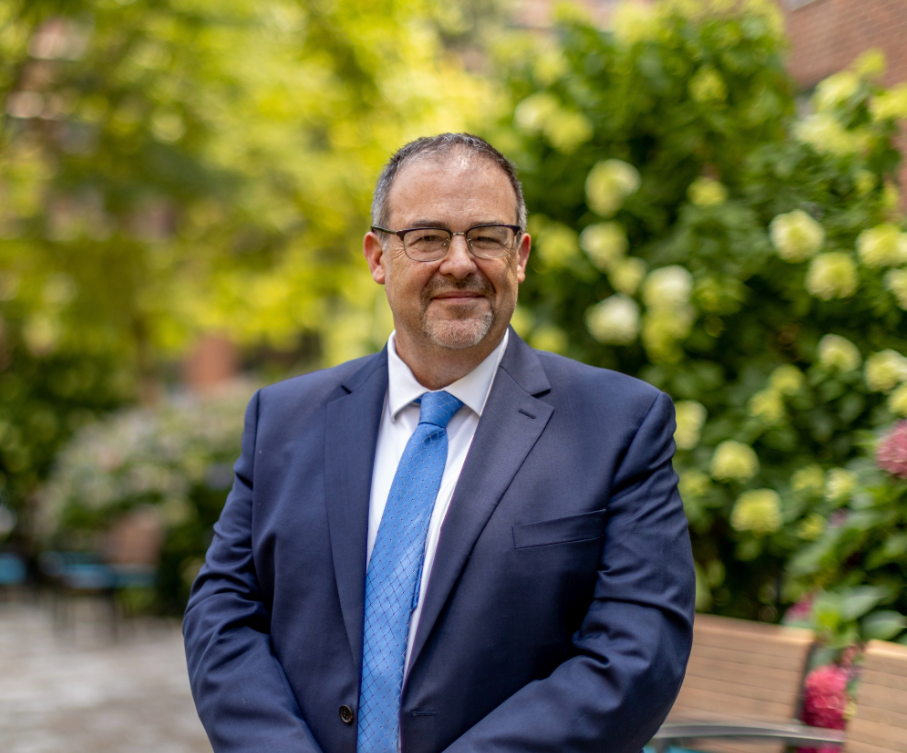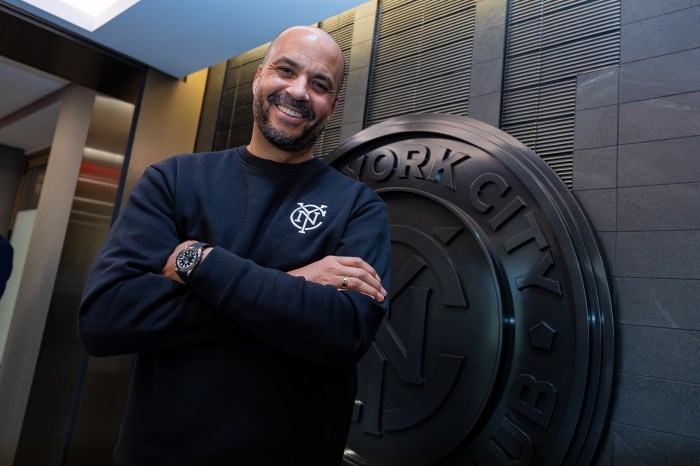Hearing her Brooklyn patient confide that she saw the devil on the wall is no big deal for registered behavioral health nurse Laura Lau. As Voo Doo traditions remain a part of Haitian culture, Lau does not second guess her patient’s alleged hallucination. Instead, she calmly offers to bring in a witch doctor. It is this cultural understanding and quest for common ground that helps her patients trust her, take her advice and ultimately get better faster.
According to the World Health Organization, approximately 15 percent of adults aged 60 and over suffer from a mental disorder. There is a common belief that depression is a normal part of aging, yet it is a very treatable medical condition that often goes untreated among the elderly.
Lau works for the not-for-profit Visiting Nurse Service of New York with a team of specialized behavioral health nurses who care for older adults living with multiple mental health and chronic conditions, which are often accompanied by emotional challenges and debilitating obstacles such as social stigma, access to care, cultural differences and compliance issues.
One of Lau’s patients lives in Gravesend where he feels that his homosexuality is frowned upon by his Hasidic neighbors. This scrutiny is a major obstacle to overcoming his depression and a severe OCD diagnosis. Lau worked with her patient to manage his anxiety and dilute the negative backlash from his peers by focusing on his own reality and ability to find inner happiness. By supporting his lifestyle, Lau gained his trust quickly and was able to help him develop skills and handle stressful situations triggered by a lifestyle considered taboo by many in the community he called home.
Lau seeks to find common cultural ground with all of her patients. She understands that this is a cornerstone of trust, and an important component in shaping a healthy personal identity. She works congruently with each patient’s community to provide holistic care that custom-fits their needs. She does whatever she can to help make her patients feel comfortable, as they learn to find and strengthen their own comfort and independence.
Whether you or someone you know is having a hard time, this four-step plan from Lau can help us all get through difficult, stressful situations:
1. Break—In the moment, you are likely too overwhelmed to address or process the cause of your anxiety. Take a moment to regroup your thoughts.
2. Breathe—I tell my patients to “smell the roses and blow out the candles,” which encourages deep breathing that helps to calm the body and mind.
3. Reflect—Once you calm down, think about what triggered the anxiety. Can you make a change or is it something that is likely to continue? Cannot figure it out? Do not hesitate to ask for help.
4. Remember—The next time it happens—even though it may feel like total hysteria—trust that you have experienced it before and are likely to survive it again. Shortly, the feeling should subside.
For more information, please visit www.VNSNY.org or call 1-800-675-0391.






















